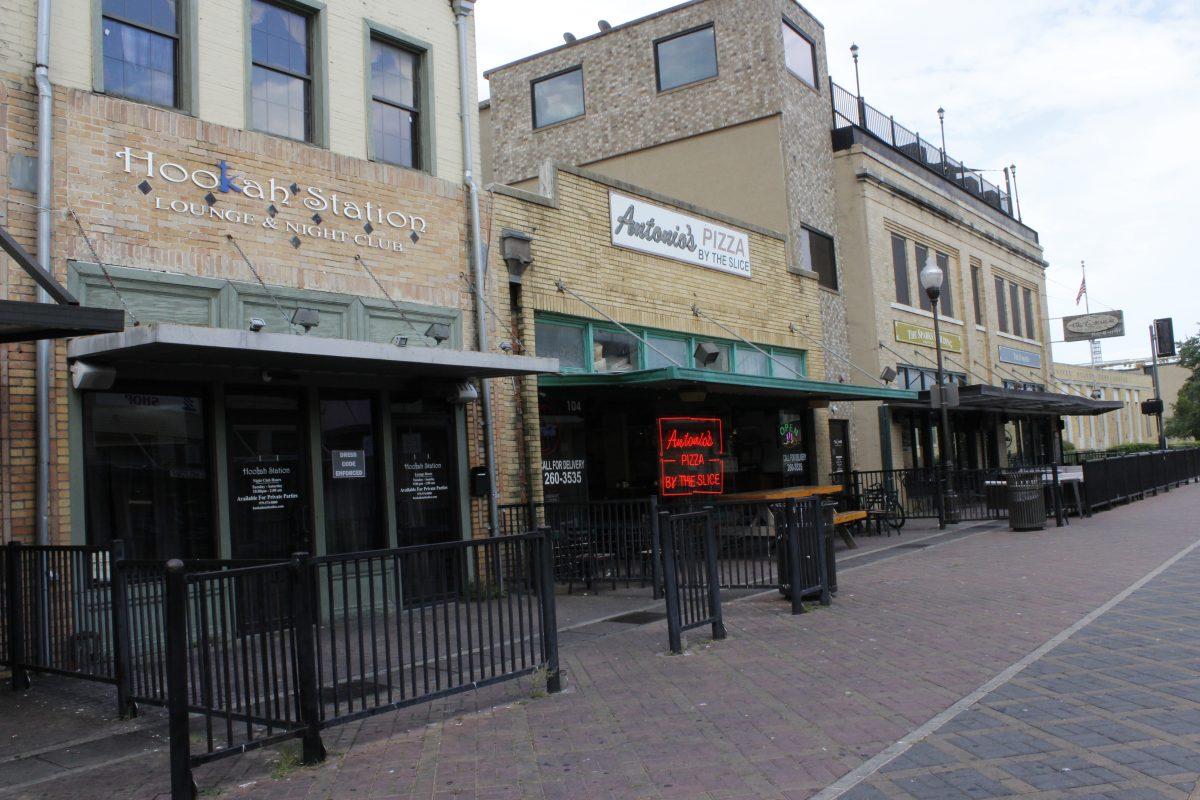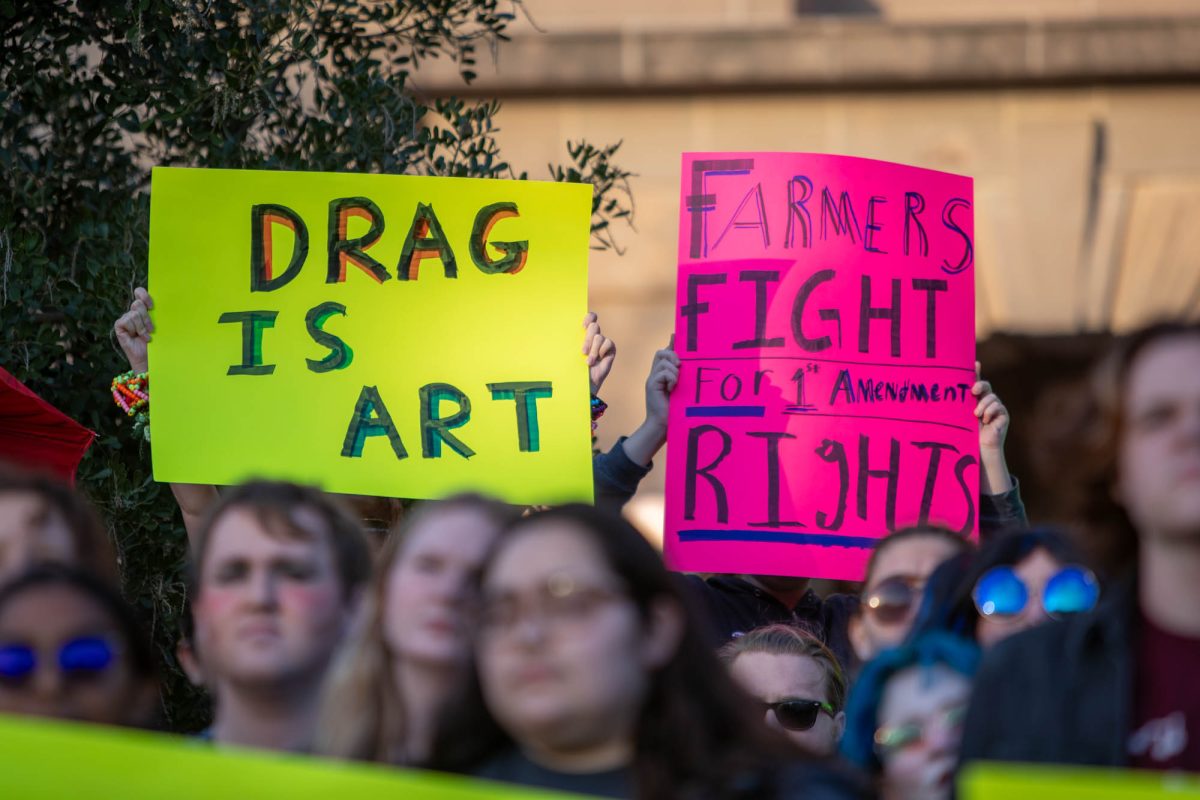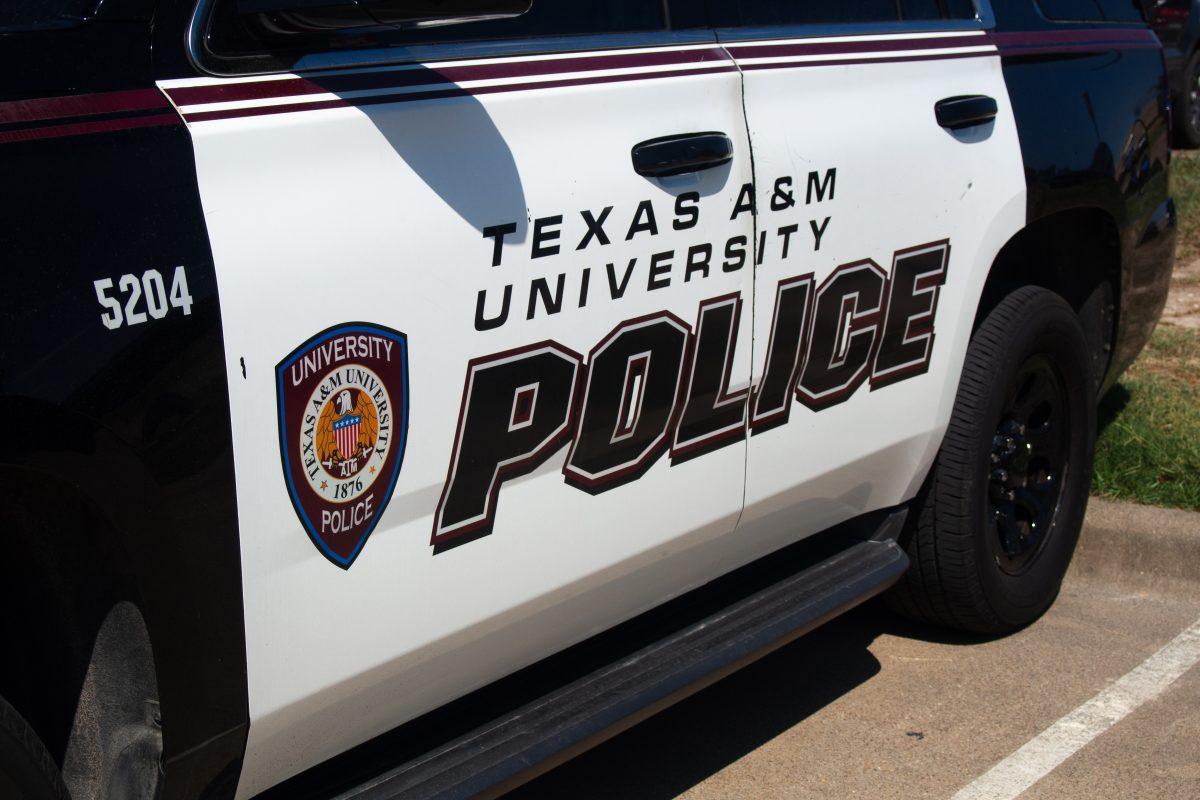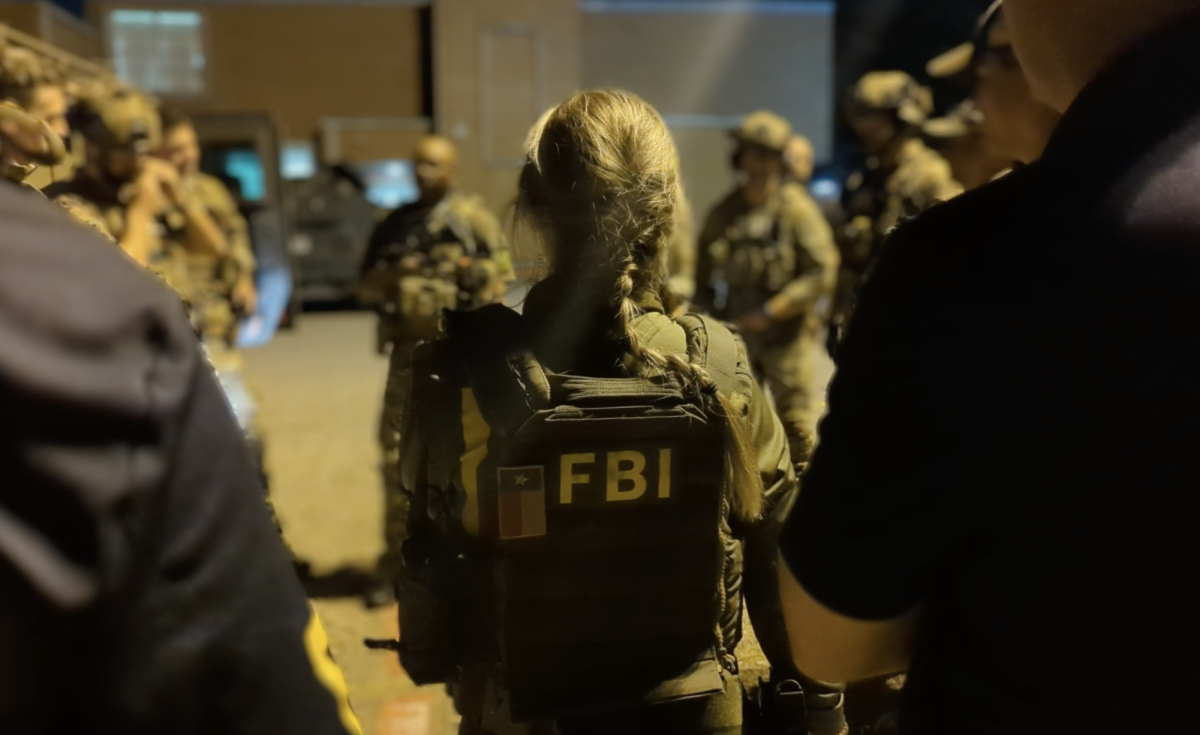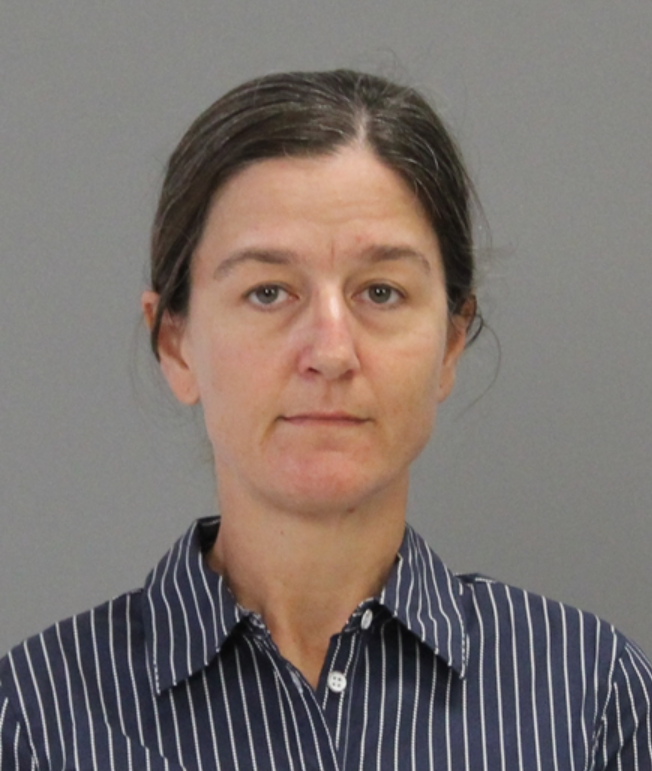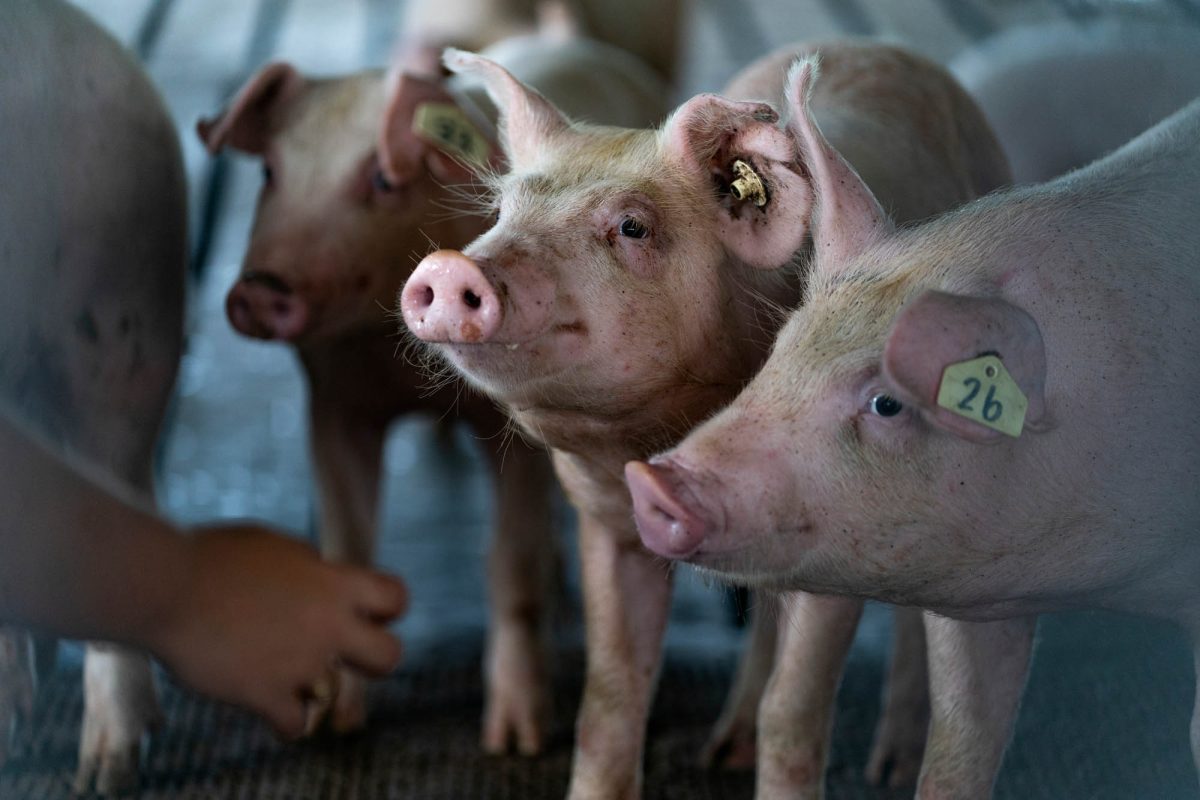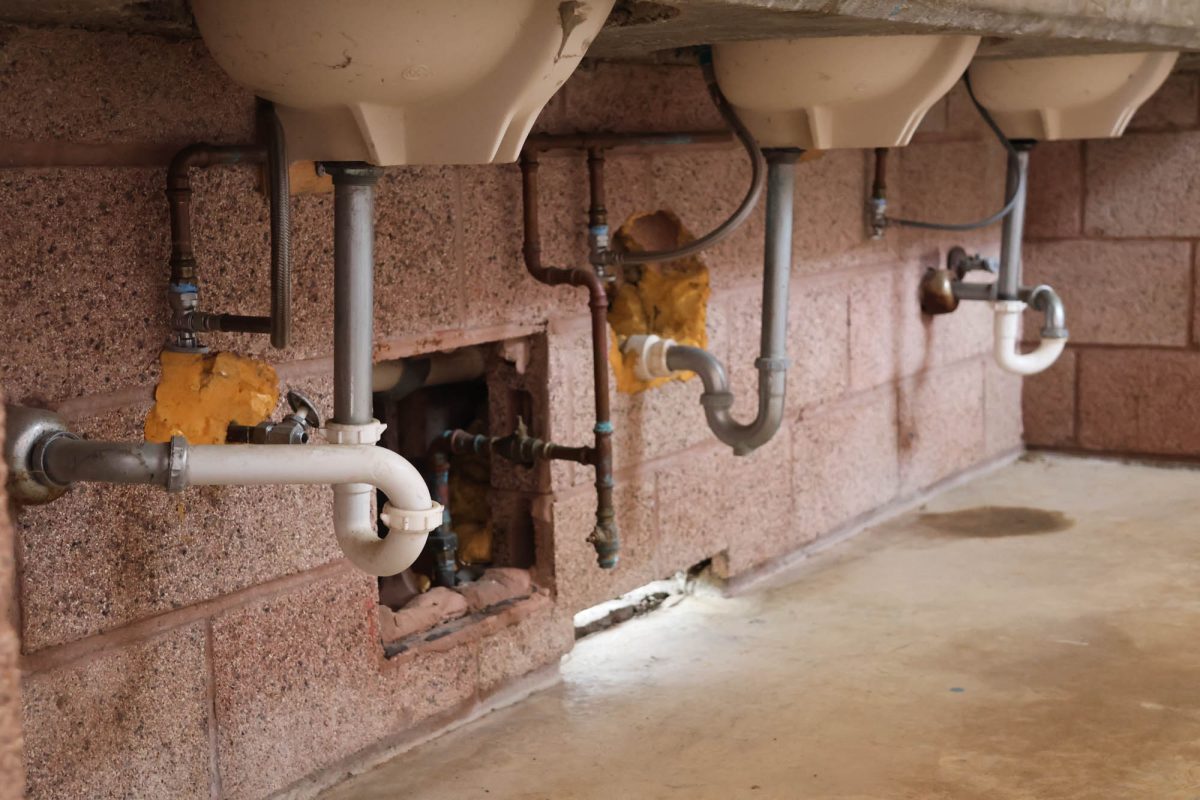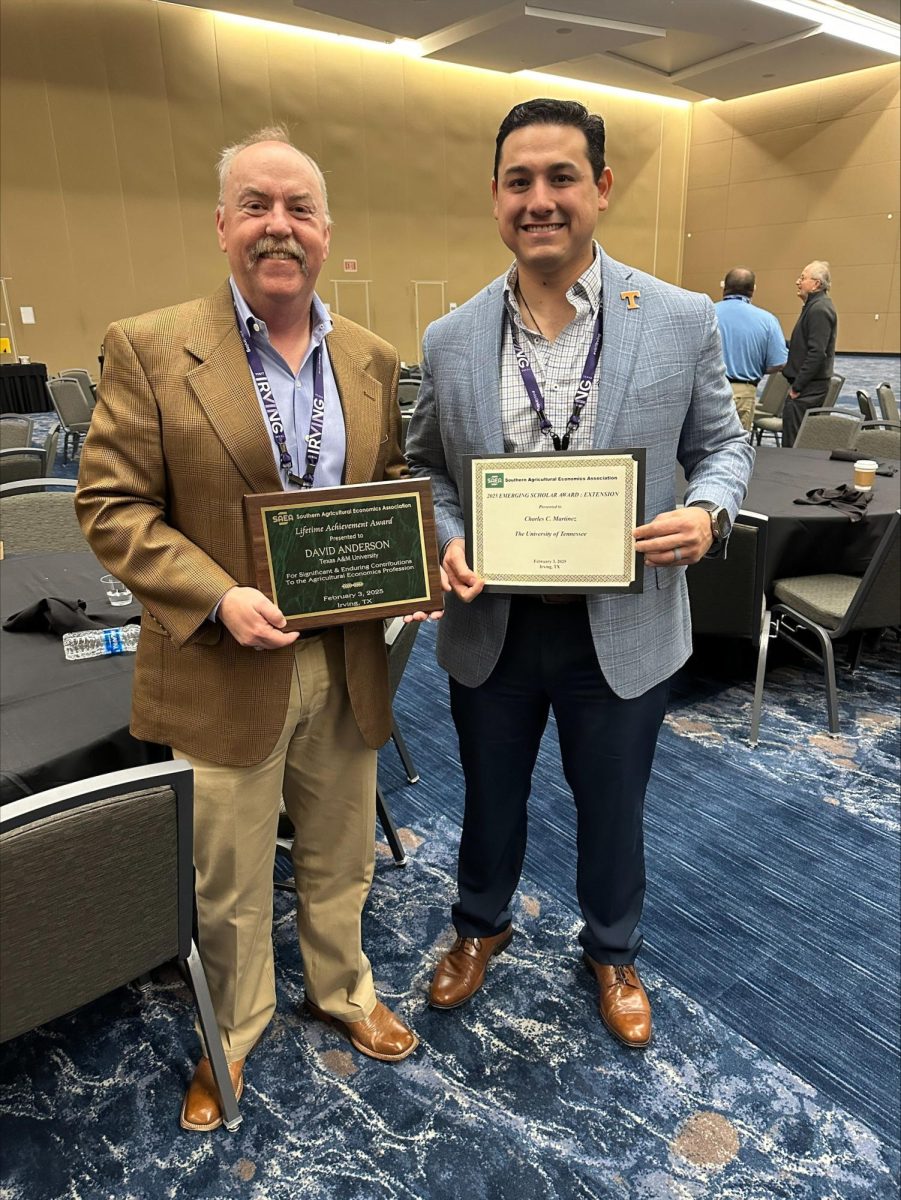As the weekend rolls around, students pour into many of the bars in the Northgate District. Among the crowds, a specialized unit of police officers patrol the streets on bikes, responding to emergency calls, conducting bar sweeps and checking the IDs of patrons in search of underage drinkers.
The number of “minor in possession” charges, or MIPs, in College Station has drastically spiked. The city marked over 1,000 charges since Sept. 2022 and is facing rising convictions as enrollment at Texas A&M increases year after year.
The College Station Police Department, or CSPD, Tourism and Entertainment Policing team — known as the bike cops of Northgate — are assigned to ensure the safety of students, residents and visitors.
CPSD Public Information Officer David Simmons said there are multiple factors playing into the rising number of charges.
“On a game day weekend, we are welcoming thousands of people to College Station,” Simmons said. “That’s going to spike the numbers. When you’re also adding in the students when they come back, that’s also going to increase the number [of minors in possession charges].”
Because of the city ordinance banning alcohol outside of bars, Simmons said patrons can be stopped and have their IDs checked, increasing the likelihood of underage patrons being charged with MIPs.
“The College Station Entertainment unit only works on Northgate,” Simmons said. “This is their bread and butter, and they know everything about Northgate. They know when to stop a young-looking patron, someone who looks to be under 21 and they know how to charge them with a MIP.”
Biomedical sciences senior Rafael Fernandez, a volunteer first responder and vice president of the Texas A&M Emergency Care Team, said football games increase the number of underage drinkers. He said the first time a person is exposed to alcohol in college, emergency services are often needed.
“They may not know what their limit is, especially if they are minors, they may not even know what they are drinking,” Fernandez said. “A lot of it is misconceptions [about drinking]. I definitely think better education needs to be conducted.”
Fernandez said the increased rate of MIP charges has not led to lower drinking rates among college students.
“We make it too much of a punishment … because a lot of it is people don’t know what they are putting in their bodies,” Fernandez said.
Simmons said CSPD wants local college students to be aware of the harmful effects of minors consuming alcohol.
“We want everybody to be safe,” Simmons said. “The department wants these [underaged] students to know not to choose to drink at Northgate.”
Simmons said the health effects of underage drinking can prove a hazard to the community as well as individuals.
Alcohol use by minors was underreported, but 27.4% of college students engaged in binge drinking, Dr. Tiffany Skaggs, M.D., the senior director for primary care at the University Health Services, said. Skaggs said the consequences of risky behavior were most apparent in minors.
“It’s not just alcohol, but the consequences of risky behavior related to alcohol,” Skaggs said. “1,500 college students die each year from alcohol-related injuries in motor vehicle accidents, and that’s preventable. One in four college students report academic problems from drinking … just because you’re young and healthy doesn’t mean you’re immune to these consequences.”
Skaggs said she urges students who may become involved in underage drinking to seek medical attention if needed.
“University Health Services is a mandatory reporter for crimes, but that should not deter any student from calling emergency services if alcohol poisoning is suspected,” Skaggs said. “Everyone who needs emergency care will receive it, even if they are underaged.”
All three experts said underage drinking was a growing issue and that more needed to be done to prevent injury or harm.
“Ultimately, education is going to reduce the numbers [of MIPs],” Fernandez said. “[Underaged drinking] is not worth the risk.”




